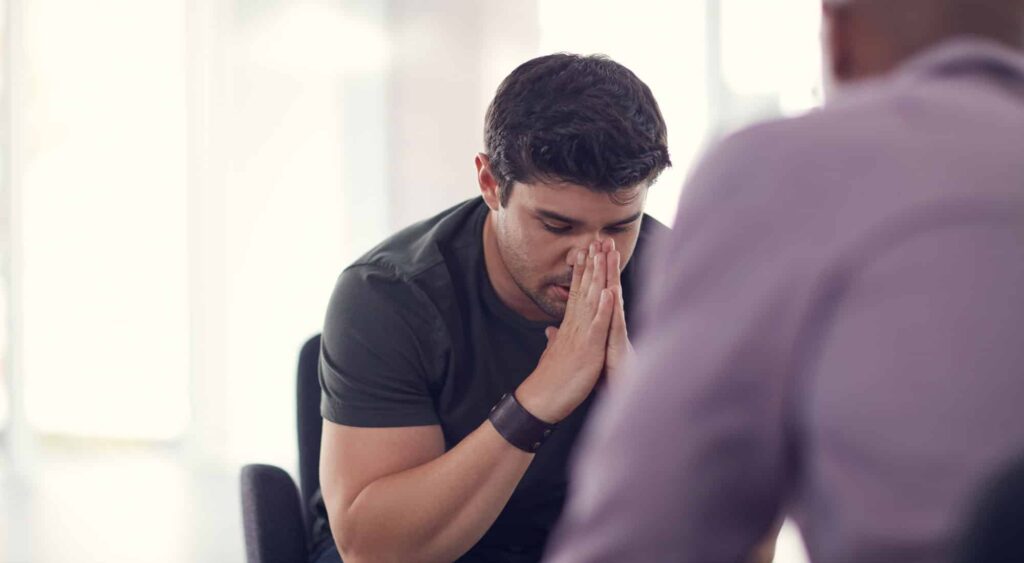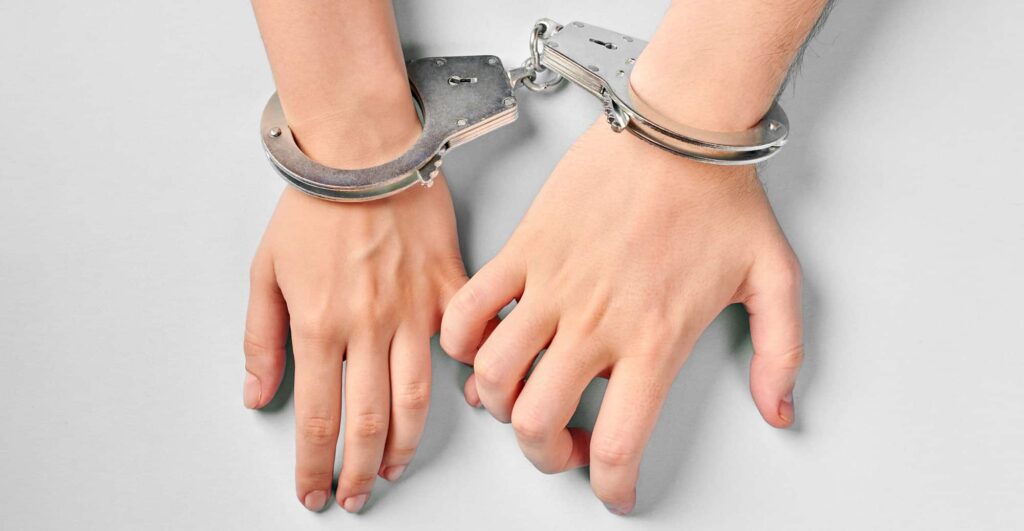By Anna McKenzie
Exercise has been proven to have many benefits for physical and biological health. But it turns out that exercise — from a mild walk to physical challenges like rock climbing — can measurably improve your mental health as well. Pushing yourself physically may in fact help you push past mental hang-ups in your life. As you pursue a healthy lifestyle, it’s worthwhile to learn how to become strong physically and mentally through recreation and exercise.
7 Benefits of Pushing Yourself
Mental health challenges can be very discouraging, in part because they affect the way we think about ourselves and the world. The narrative in our mind about who we are, what others are like, and the nature of the world can become distorted by depression, anxiety, and disillusionment. Chemical imbalances feed these negative thinking patterns.
Recreation and exercise, especially engaging in physical challenges, can help us adjust our narrative and thinking patterns in a number of ways.
Recreation and exercise, especially engaging in physical challenges, can help us adjust our narrative and thinking patterns in a number of ways. Here are seven benefits of pushing yourself:
1. Overcoming physical challenges helps you to overcome mental barriers.
When you feel like there’s a war going on between your ears and you frequently feel defeated, you start telling yourself what you can’t do or be. When you engage in a physical challenge, not only are you able to release pent-up energy and stress, but you’re able to overcome a physical limitation. This simultaneously gives you confidence and helps you leap over mental barriers. You start thinking, Maybe I can, instead of, I never will.
2. Exercise decreases stress.
It’s well known that exercise helps decrease stress, mostly by improving the body’s ability to regulate hormone production. When your chemical levels become out of balance, exercise provides a release of tension and allows your brain the chance to re-regulate its production of chemicals such as cortisol and dopamine, according to research shared by the National Library of Medicine.
3. Physical focus hones mental focus.
Physical challenges often demand a heightened level of focus. When you’re climbing a wall or waiting for a tennis serve, your thoughts are not allowed to wander. This increased readiness can improve your attention span and give you greater mental focus, enabling you to better take control of your thoughts instead of getting swept away by your stream of consciousness.
4. Exercise increases blood flow and reduces inflammation.
By nature, exercise increases your blood flow, which means that your brain and other organs are receiving more nutrients and oxygen. This also helps to reduce inflammation because the chemicals released help to moderate your immune response. In other words, more areas of your body are getting a tune-up, which even includes protection against disease. (Frequent bouts of strenuous exercise can actually increase overall stress and harm your body, so be sure your exercise is moderate with physical challenges limited to intervals.)
5. Physical activity improves cognition.
CNBC reports that physical fitness can improve cognition, strengthening your brain structure. This means that your attention, memory, learning, and emotional regulation all get a boost.
6. Recreation offers new feelings and new perspectives.
A change of activity and a change of scenery can do a lot for your mental health. Recreation is literally just that: a “re-creation” of your physical and mental attitude. Going out for a hike or nature walk can not only boost your mood, but help change your perspective.
7. Recreational communities can provide social support.
Sure, exercise on its own has strong mental health benefits — but you can double up when you engage in social recreation or exercise groups. At places like The Phoenix, exercise is a communal activity that improves mental health and creates connection, strengthening each person’s commitment to each other, sobriety, and a healthier lifestyle.
How Hustle Culture Can Impair Our Health
You can also discover how to be strong mentally and physically when you disengage from unhealthy cultural narratives. For instance, “hustle culture” says that if you aren’t working all the time, you’ll never “prove yourself.” But this path leads to burnout. Breanna Mylius, Clinical Director at The Meadows, speaks to this on an upcoming Beyond Theory podcast:
“[Thanks to] the intensity of work, we get a lot of dopamine and powerful neurochemicals … and we can literally get addicted to working,” Mylius says. “More often than not, we don’t feel good about ourselves. And we are getting ‘other-esteem’ versus ‘self-esteem’ in order to feel adequate…. And so, succeeding and having that success and power can help us to get that externally.
“What ends up happening is we alienate our relationships, we’re overworked, we’re tired, our bodies are stressed, we have a higher chance of heart disease and a bunch of other medical conditions like hypertension, insomnia, sleeping disorders. It takes a huge toll on the human brain and the human body and on our relationships.”
How to Become Strong Physically and Mentally
If you want to learn how to be strong mentally and physically, it may be time to try some new recreational activities. Here at The Meadows, we see recreation as an essential part of becoming mentally healthy. Not only are you able to engage with others, challenge yourself, and overcome mental barriers, but you’re more capable of digesting what you’re learning in individual and group therapy.
If you want to learn how to be strong mentally and physically, it may be time to try some new recreational activities.
If you are struggling with addiction, trauma, or a mental health condition, contact us today. We would love to tell you more about our research-backed programs and how we can help you get started on the road to recovery.



